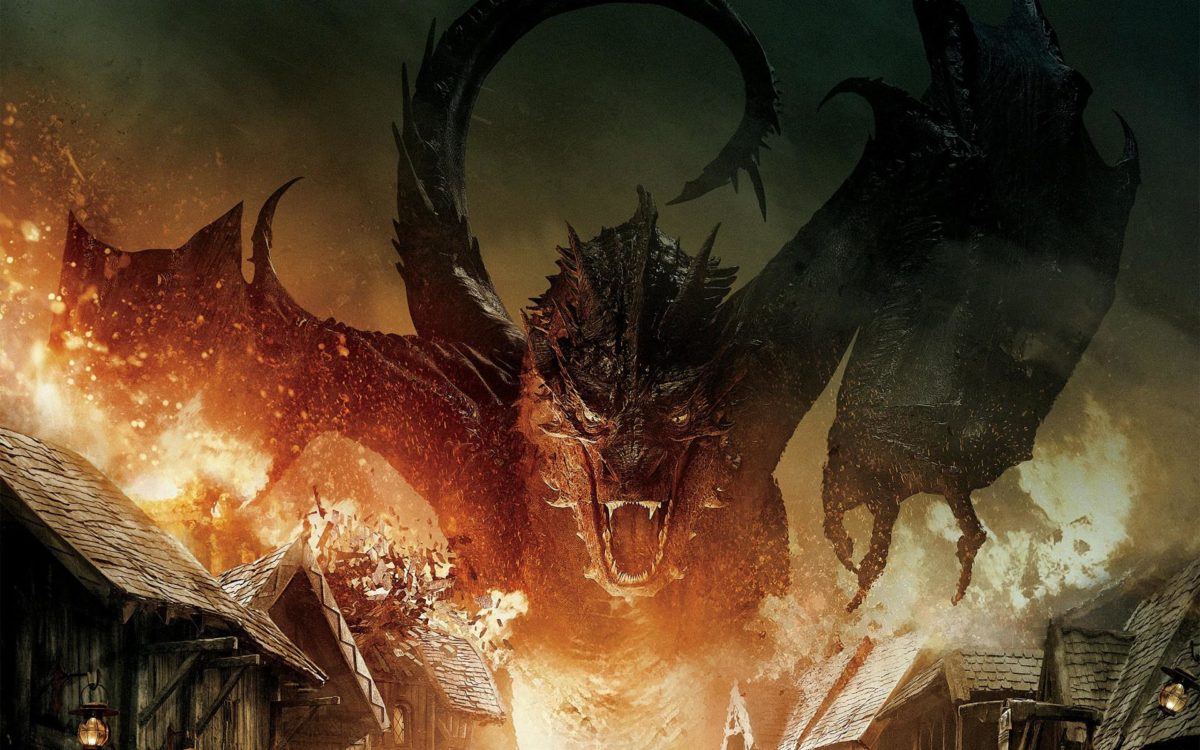Whenever we study theology, especially theology proper (that is, the study of God himself), theologians tend to talk of God’s “omnipotence,” “omnipresence,” “aseity,” and such the like. Rarely if ever do we hear of the “Rock-ness” of God, or “Tower-ness of God,” or “Warrior-ness of God” as attributes of God. Yet these are descriptions Scripture uses to describe God.
I’m not saying that there is anything wrong with using these extra-biblical words to speak of God. Omnipotence, omnipresence, aseity, and all of the other twenty-five cent words do accurately describe God. But have you ever wondered why God used these other words to describe himself instead of many of the words we find in our theology books?
Some might say, “Well, that is just poetry. Poetry must be interpreted to get to the ‘real meaning’ behind the words.” Really? So why didn’t God just talk straight to us instead of using all of this imprecise language? He has good reason for it, to be sure. Poetic descriptions of God are not less true because they are poetic; that is, as if we have to dig behind the images to find the kernel of truth that God is really trying to communicate. As Craig Bartholomew and Brian O’Dowd remind us:
Today poetry is, very often, our truest link with reality. Our modern age has tended to prefer facts and reason to imagination. Such an emphasis can misrepresent, underestimate, flatten and distort reality. To say that God is ‘transcendent’ or ‘omniscient,’ while it has noble aims, is qualitatively different than declaring that God rules ‘the raging sea’ (Ps 89:9) or asking, ‘Can you draw in Leviathan with a hook?’ (Job 41:1). Both are appropriate for different contexts, but one is not more ‘true.’ In this way, biblical poetry alerts us to the limitations of abstract language. Poetry, in fact, is at its best an ethical way of preserving the mystery, ambiguity, power, tragedy, and sublimity of our world. (Old Testament Wisdom Literature: A Theological Introduction, 69)
“Rock” conveys much more than any other extrapolated word that we can derive from it. Is a rock protection? Is it a solid foundation? Is it a source of water (remember the wilderness)? Is a rock used for execution of those who break God’s Law in certain ways? Is a rock a beautiful gem? Yes. God’s “Rock-ness” can’t be reduced to a single word or concept. That’s the beauty of it.
One image the Scriptures give us of God is that of a dragon. In Exodus 15, the song Moses and the people of Israel sang after crossing the Sea, God is said to be “sending forth his burning [anger]” and consuming the enemy like stubble. He “breathes from his nostrils” and piles up water, stands up the floods as a heap, and congeals the deeps in the heart of the sea (that is, he made solid walls of water on each side of them). There are two images here. One is that of the Spirit/Breath of God hovering over the waters of original creation in the beginning (Gen 1.2). Now he is bringing the waters back and returning the creation to its original state.
The other image is that of God being the great Dragon. Likewise, Psalm 18 describes God’s deliverance of David in these Exodus images. Smoke went up from his nostrils, devouring fire from his mouth, and glowing coals flamed forth from him (Ps 18.8; cf. also 2Sam 22.9; Isa 30.27) We know from Job that the Leviathan was a fire-breathing creature. This is just one animal in all of creation that reflects something that is true about God. God is a great fire-breathing dragon who consumes his enemies with his fire.
In the beginning of the battles between God and Pharaoh, Pharaoh and his servants challenged YHWH and his servants, Moses and Aaron. A rod was thrown on the ground that became a serpent/dragon/crocodile. (Yes, it could be any one of those.) The rod of Aaron ate up the rods of the Egyptian magicians. (And yes, I believe that really happened.) There was an indication here that YHWH is the Great Dragon/Serpent that eats up the rebellious dragon/serpent. Egypt is described later in Scripture as Leviathan/serpent whose head God crushed in the sea (Ps 74.12-14). What God did with the rod demonstration he does in the sea completely later on.
But God’s fieriness is not reserved only for the Egyptians. When the children of Israel were rebellious in the wilderness, God sent little dragons–fiery serpents–to kill them in the wilderness (Num 21). God is the fiery Serpent-Dragon that destroys those who rebel against him. But he is also the fiery Serpent-Dragon who saves his people as well. When the people of Israel in the wilderness needed to be healed, they looked toward the image of a serpent on a pole and lived. Jesus identified himself with that serpent when talking to Nicodemus in John 3. He is the true “fiery serpent,” the one who destroys his enemies and saves his people.
Satan is a dragon, but the Dragon who fights for us is bigger and more powerful.
So then, why don’t we ever talk about God’s “dragon-ness?”
















